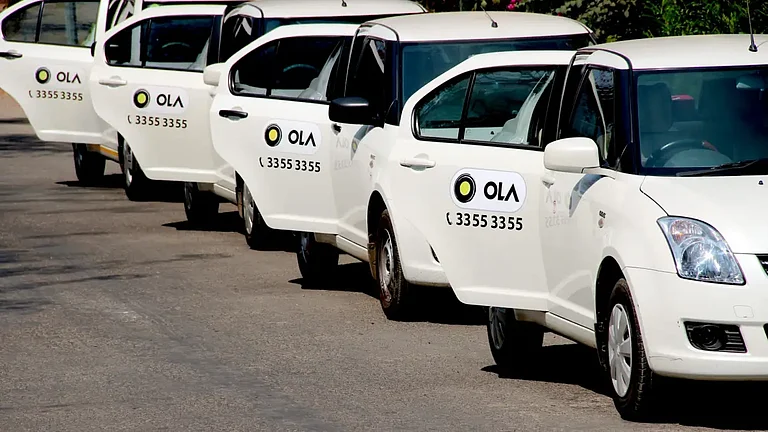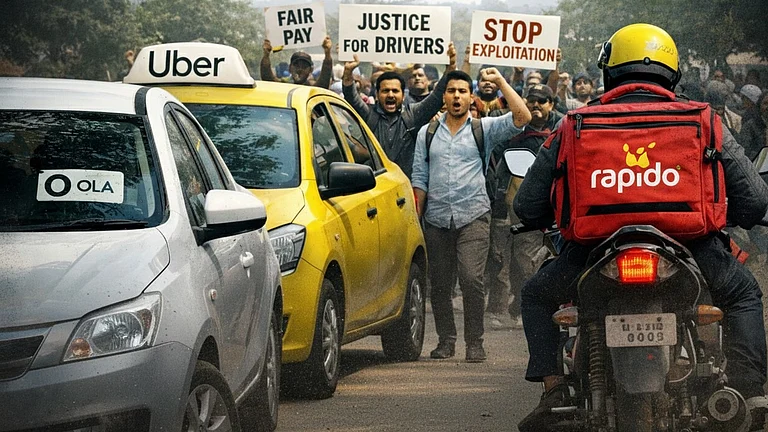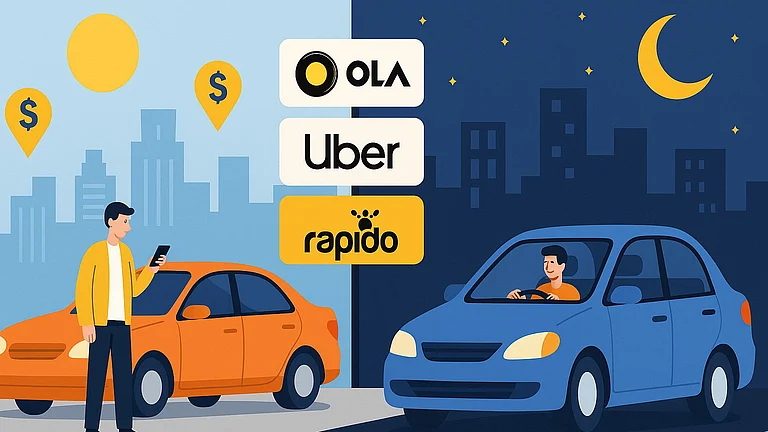The tussle between app-based cab drivers like Ola, Uber, Rapido and transport authorities in Mumbai look far from over. While the cabbies have put their strike on pause, the issue has still not resolved. Mumbai’s transport commissioner office recently held a meeting with union leaders and the officials of the cab aggregator apps.
During the meeting, additional transport commissioner Bharat Kalaskar has asked Ola, Uber, and Rapido to provide written explanation on how they determine fares for cabs and rickshaws in various cities and how much they differ from the RTO-approved rate, The Times of India reported.
The aggregator companies, in addition, have also been asked to reactivate any driver IDs that have been recently blocked for charging fares as per RTA-approved rates, the report said.
According to RTA, cab fares in Pune stand at ₹75 for the first 3 km, and then ₹25 for every km. And if the authority approves RTA-based fare system, a 10 km cab ride would cost nearly ₹249.50. However, the average cab fare (during non-surge hours) for the same distance is around ₹175 in the city.
Cab Drivers' Protest in Mumbai
Cab drivers started protesting against their working conditions and fares on July in Mumbai. It witnessed nearly 90% of app-based cab drivers. They are demanding fare parity with conventional ‘Black & Yellow’ taxis (₹32/km for AC cabs), and ban on bike taxis operating through aggregator apps.
Besides these, the agitators also demanded permit caps for black-and-yellow taxis along with auto rickshaws, formation of a welfare board for gig-based transport workers, and introduction of a ‘Maharashtra Gig Workers Act’ models on policies adopted by other states.
The protest came at a time when Maharashtra government is planning to introduce a new Aggregator Cabs Policy 2025, which will bring some reforms to ride-hailing services in the state.
Under the new policy, drivers will face penalties for cancelling rides, fare structures will be monitored by transport authorities, and ride-hailing platforms will be barred from charging more than 1.5 times the standard fare during peak hours. It also mandates drivers' welfare with accidental insurance.
































